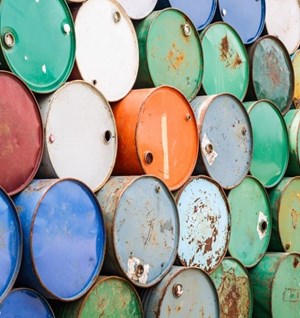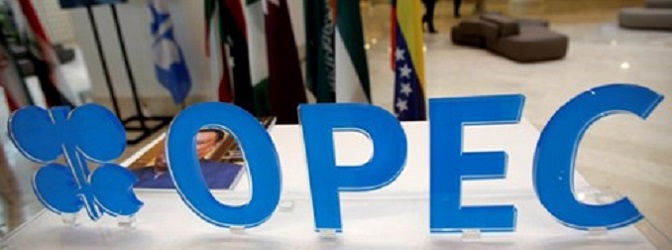(Bloomberg) – OPEC+ agreed to surge oil output for the third month in a row despite reservations from key member Russia, doubling down on a historic policy shift that has sent crude prices sinking.

Oil-producing nations led by Saudi Arabia agreed during a video conference on Saturday to add 411,000 bpd to the market in July, according to a statement on the group’s website. The hike matches increases scheduled for May and June, marking a radical reversal from defending prices to actively driving them lower.
Officials say the supply hikes reflect Saudi Arabia’s desire to punish over-producing members like Kazakhstan and Iraq, recoup market share lost to U.S. shale drillers and other rivals, and satisfy President Donald Trump’s desire for cheaper oil.
They offer relief to consumers as the northern hemisphere goes into its peak demand season, while also helping central banks grappling with stubborn inflation. Yet the market impact creates financial peril for oil producers around the world, which could be facing a period of prolonged low prices.
Several members expressed reservations during Saturday’s meeting about the speed with which OPEC+ was raising production. Russia, Algeria and Oman wanted a pause in the increases, delegates said, asking not to be named because the information was private.
The difference in views between Moscow and Riyadh, the cartel’s two most powerful members, will come back into play on July 6, when they meet again to discuss output levels for August.
Oil briefly crashed to a four-year low under $60 a barrel in April after the Organization of the Petroleum Exporting Countries and its allies first announced that they would bolster output by triple the scheduled amount. The move came even as faltering demand and Trump’s trade war were already crushing the market.
While Brent futures have since recovered to trade near $64 a barrel, the International Monetary Fund estimates the Saudis need prices above $90 to cover the lavish spending plans of Crown Prince Mohammed bin Salman. The kingdom is contending with a soaring budget deficit, and has been forced to cut investment on flagship projects such as the futuristic city, Neom.
Markets might take Saturday’s agreement as slightly positive because prior to the talks “there were some concerns of a larger increase,” said Giovanni Staunovo, a commodity analyst at UBS Group AG.
If Riyadh’s strategy is to discipline the cartel’s quota cheats through a “controlled sweating,” it doesn’t seem to be working.
Kazakhstan, the most blatant offender, continues to exceed its limits by several hundred thousand barrels a day and has publicly stated that it has no plans to atone. Energy Minister Yerlan Akkenzhenov told reporters on Thursday that the country can neither enforce cutbacks on international corporate partners, or dial back at state-run fields.
The downturn is, however, taking a toll in America’s shale oil heartlands, where companies like Diamondback Energy Inc. say production has peaked, despite Trump’s promise the country would “drill, baby, drill” in a new energy boom.

